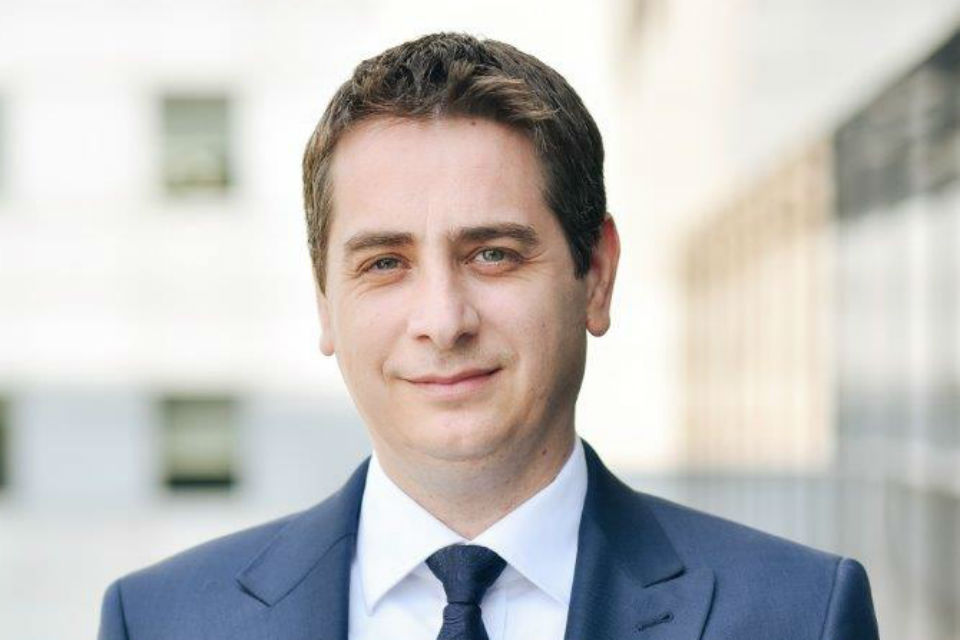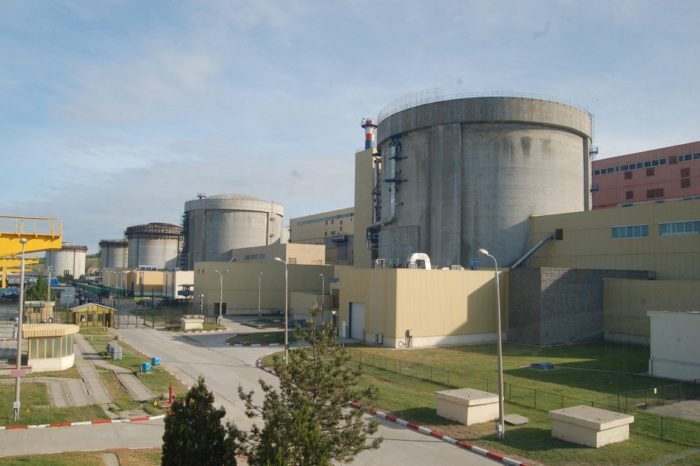Deloitte study: Despite fears of inflation, supply chain issues and rising costs, confidence in the economic evolution is slowly improving

Confidence in the economy is slowly improving, as 79 percent of the participants to the Deloitte Private Equity (PE) Confidence Survey expect the conditions to continue to worsen in the coming months, down from 86 percent in the summer of 2022. Although risks such as inflation, supply chain issues and the rising costs of energy, materials and labour continue to impact businesses, Central Europe is well placed to navigate these challenges, due to its growth rates and to the proven historical resilience amid economic headwinds, the study highlights.
CE continued to register some of the highest GDP growths in the developed world, including in difficult times, such as in the immediate aftermath of the global financial crisis and COVID-19, resilience which may be partially explained by the low indebtedness, as the CE public debt to GDP ratio is estimated at 58 percent for 2022, against 95 percent for the euro area, the study also points out.
The Central Europe PE confidence index’s steep decline over the last 18 months, which brought it from 149 in June 2021 to 58 in June 2022 (second historical lowest after the global financial crisis), seems to have come to an end, recording a slight increase to 67, which reflects an improvement in sentiment.
“Absorbing so many shocks has been a difficult task for the entire market and investors are no exception. But our study shows that their initial response, characterized by a pause in the activity and an extremely cautious approach, has been followed by a rather quick rise in confidence. Now, the private equity players in Central Europe are even more experienced, after going through the global financial crisis, the pandemic and the effects of the war, and their management teams know how to navigate change and adversity. On their turn, businesses have learned to be resilient and to strive in difficult times, and PE investors are in a strong position to support them,” said Radu Dumitrescu, Financial Advisory Partner-in-Charge, Deloitte Romania.
Over 80 percent of respondents think that 2023 will be a good year for investments and confidence around financial efficiency of investments has grown, with a third of the participants to the study expecting it to increase, up from just 8 percent in the summer of 2022. Equally positive is a near halving of those expecting a decline, from 27 percent in the summer to just 14 percent now.
Despite an adverse backdrop, the majority of sales processes (57 percent) remain underway, but 40 percent of the participants to the study have put off sales as valuations were impacted and will be waiting for a better time to go to market.
Vendors’ price expectations are coming down, according to nearly half of respondents (45 percent), who feel prices decreased in H2 2022, and nearly two-thirds (64 percent) expect them to further decrease in H1 2023. The study indicates we may be entering a buyers’ market, as expectations around deployment and selling show a slight shift in favour of buying (60 percent), fuelled by the slide in pricing, which encourages private equity firms to consider investing in assets they’ve been tracking and which now have potentially more favourable prices. On the other hand, only 5 percent of PE houses intend to focus on divestments, the second lowest level in the last decade (after 3 percent, in April 2012).
Market leaders will continue to be in highest demand as uncertainty persists, according to over half of respondents (53 percent), since buyers typically seek stability when adverse conditions prevail, and established companies often offer robust cashflows, the study explains. After five years of attractiveness, which peaked at 15 percent in the winter of 2021, start-ups had been losing popularity after some of the 2022 tech valuations, including of unicorns, but now they regained some of their lost ground and reached 10 percent.
Although inflation and the energy crisis can put pressure on certain aspects of ESG (environmental, social, governance) decision making, the study indicates that a growing number of PE deal doers in CE have embraced ESG, with over a fifth having implemented decarbonization commitments and targets, and another two fifths starting to develop them. Additionally, the majority of deal doers now see ESG as a value creation tool for portfolios, a big shift from the summer of 2022. Also, 47 percent of houses in CE have implemented an investment policy which specifically includes ESG factors and 19 percent have specific plans for ESG improvements post-deal.
The CE will most likely remain a medium-sized market, despite the fact that deal sizes may reduce, according to 38 percent of deal doers (the second biggest share of respondents expecting decrease in the last decade, after June 2020, when it reached 43 percent).














